Today we celebrate a feast of great importance to our Church. Saint Peter, the apostle to the Jews, and St. Paul, the apostle to the Gentiles, come together to show how the Church is truly universal, that is, truly catholic. There are similarities between the two men. Simon’s name is changed to Peter after he professes belief in the Lord Jesus, and Saul’s name is changed to Paul after he is converted. Both men started out as failures as far as living the Christian life goes. Peter denied his Lord by the fire and swore that he didn’t even know the man who was his friend. Paul’s early life was taken up with persecuting Christians and participating in their murder. And both men were given second chances, which they received with great enthusiasm, and lived a life of faith that has given birth to our Church.
In today’s Gospel, Peter and the others are asked “Who do people say that the Son of Man is?” Both Peter and Paul were committed to the truth about who Christ was. They had too much at stake to get it wrong. Having both failed on this early on, they knew the danger of falling into the trap. So for them Jesus could never be just another guy, even a holy man – that was inadequate. And both of them proclaimed with all of their life straight through to their death that Jesus Christ is Lord. We too on this day must repent of the mediocrity we sometimes settle for in our relationship with Christ. He has to be Lord of our lives and we must proclaim him to be that Lord to our dying breath.
Both Peter and Paul kept the faith, as Paul says in today’s second reading. If they hadn’t, one wonders how the faith, how the Church, might look today. But because they kept the faith, we have it today, and we must be careful to keep the faith ourselves. Too many competing voices in our world today would have us bracket faith in favor of reason, or tolerance, or success, or whatever. But we can never allow that, we can never break faith with Saints Peter and Paul, who preserved that faith at considerable personal cost.
Perhaps Saints Peter and Paul can inspire our own apostolic zeal. In this beginning of a post-pandemic time, our apostolic zeal can be to heal the sick: by looking in on those who have been ill, by being careful when visiting vulnerable loved ones. In this time of social unrest, our apostolic zeal can be to embrace the marginalized: to reflect on any traces of racism in our own lives and root them out, and to stand with our brothers and sisters of color, not just in this moment, but from now on, so that they will never be marginalized again. In this time of natural disaster and other disasters like the building collapse in Florida, our apostolic zeal might see us reaching out to help those affected. Our apostolic zeal is similar to that of Saints Peter and Paul: it comes about because Jesus is Lord, and that truth is forever important.
Then, as we bear witness to the fact that Jesus is Lord of our lives and of all the earth, we can bring a world that has settled for the mediocre to look for something better, holier, more fulfilling. Perhaps in our renewed apostolic zeal we can bring justice to the oppressed, right judgment to the wayward, love to the forgotten and the lonely, and faith to a world that has lost sight of anything worth believing in. Now is the time for the Church to be released from its chains and burst forth to give witness in the Holy Spirit that Jesus Christ is Lord, to the glory of God the Father.
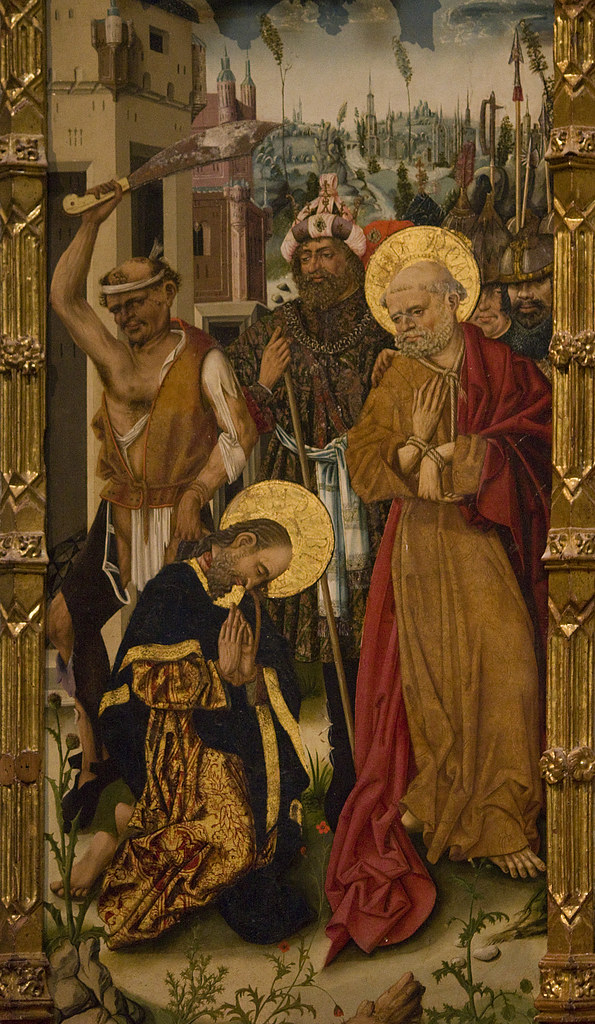
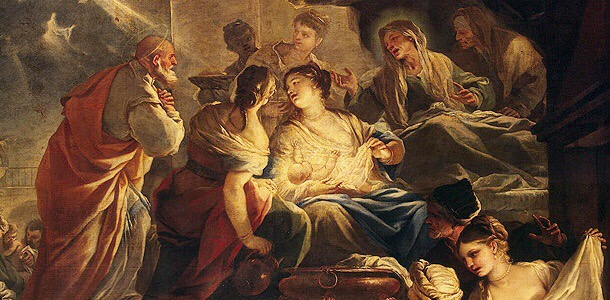
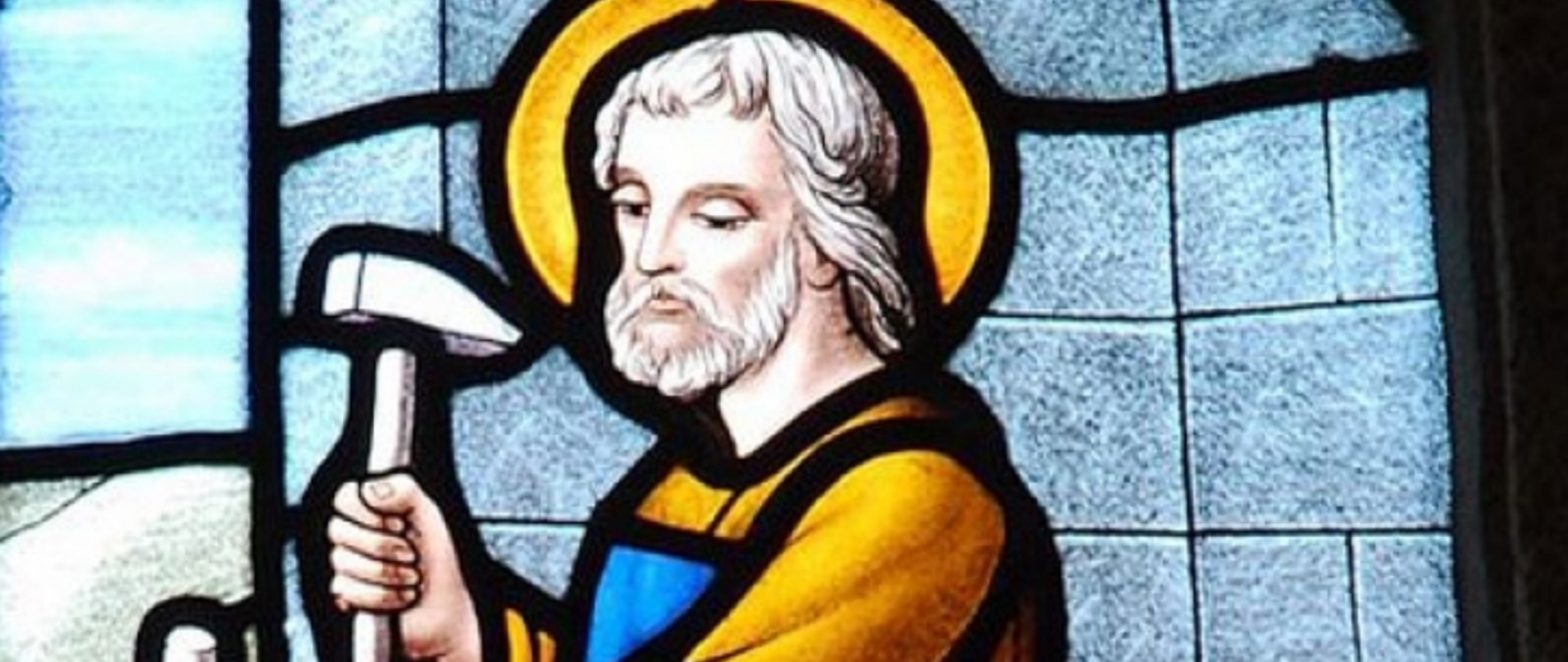
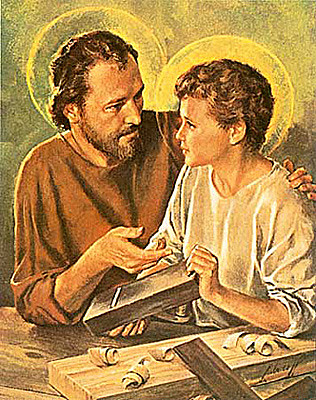
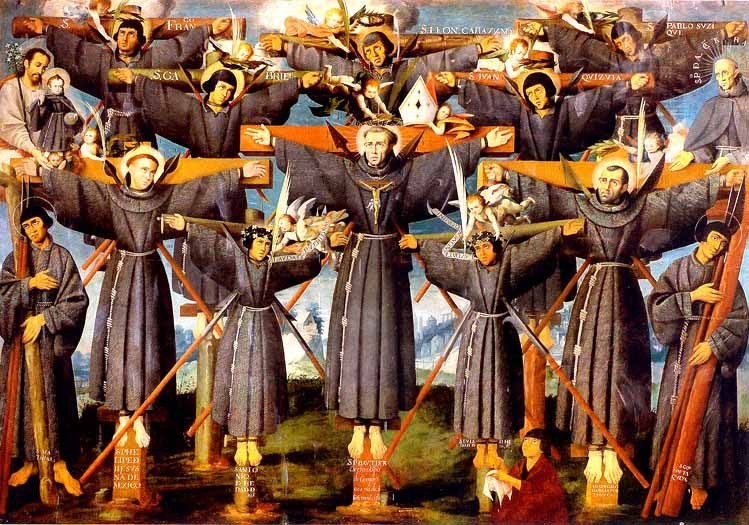
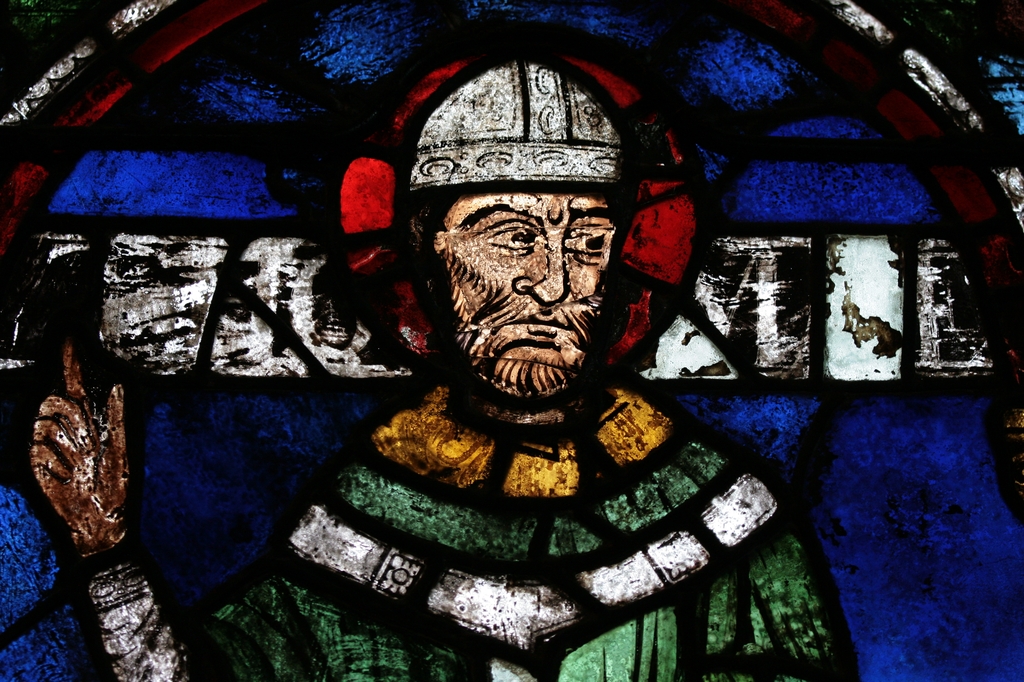
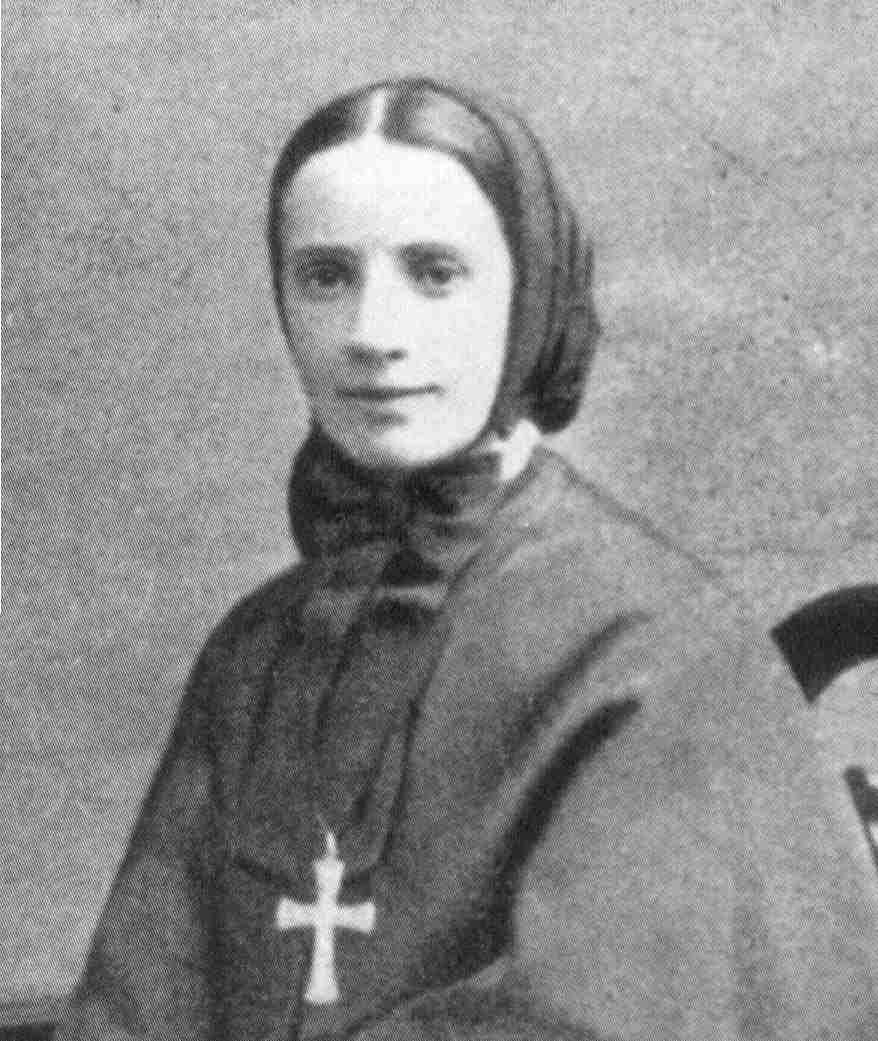

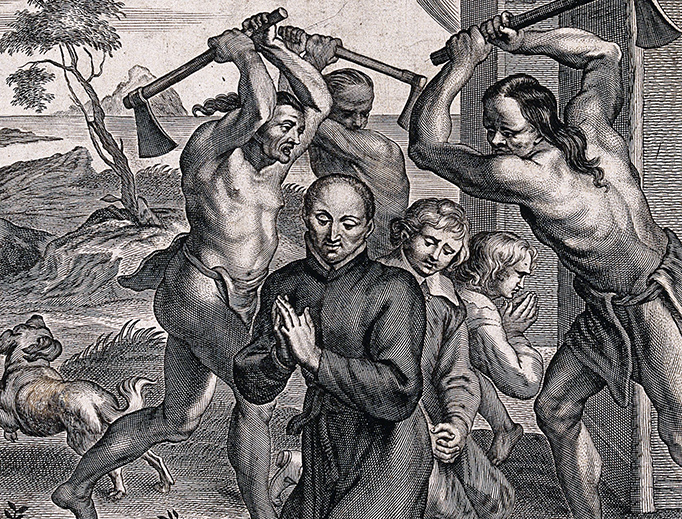
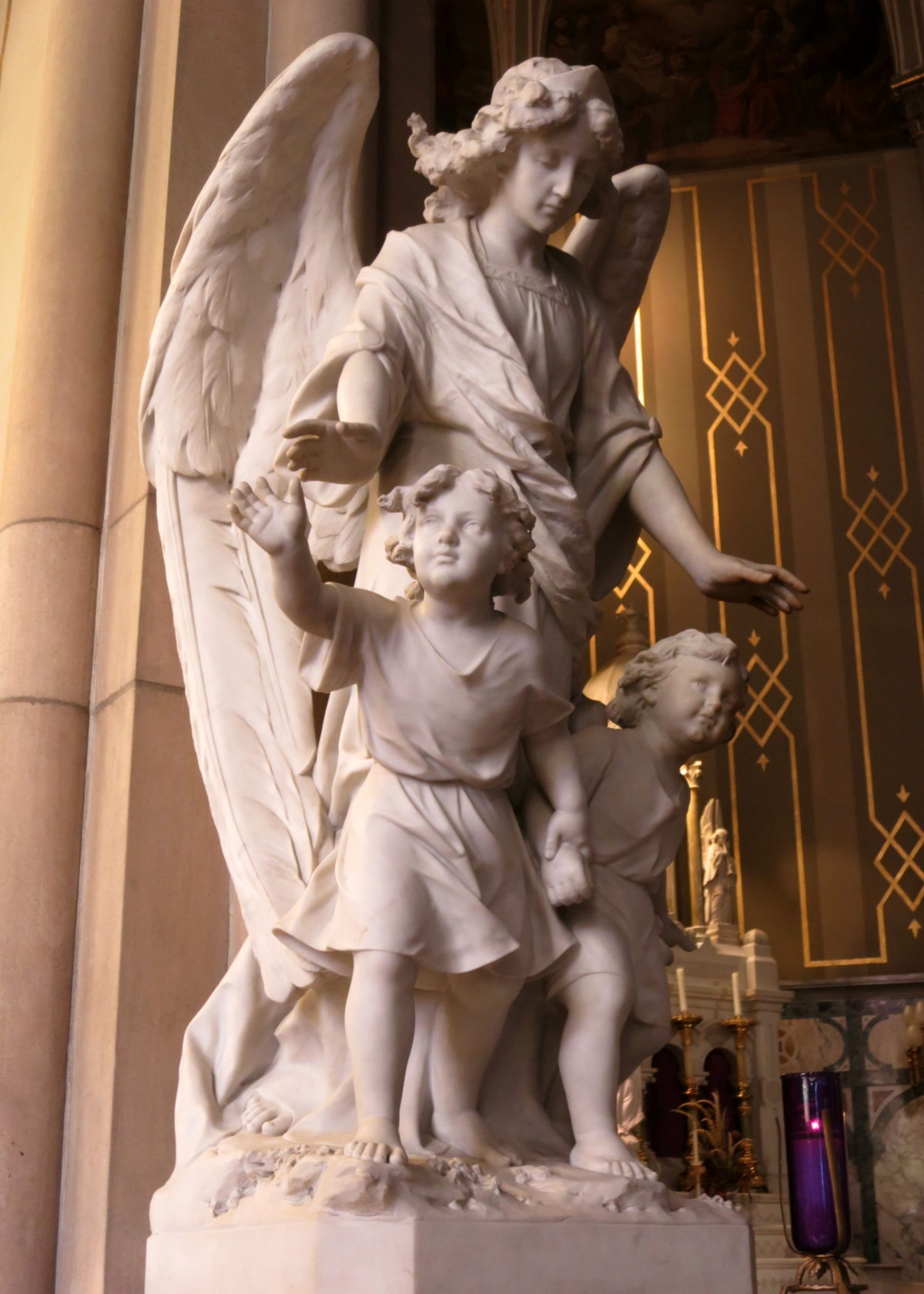
You must be logged in to post a comment.